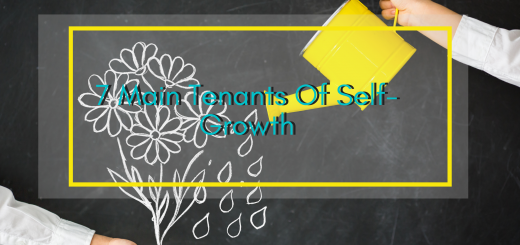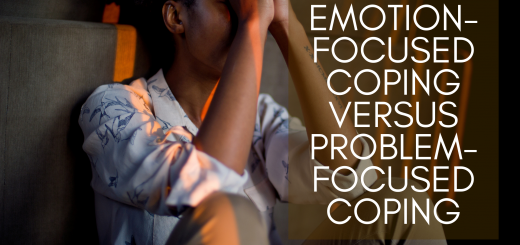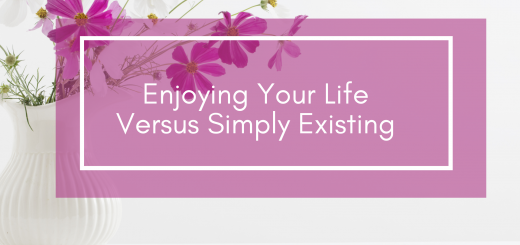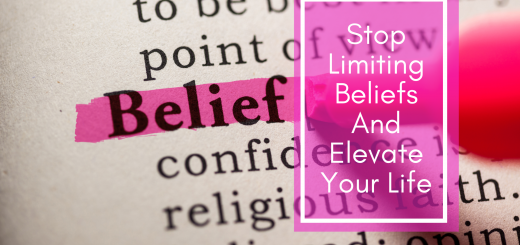The Rules Of Self-Understanding
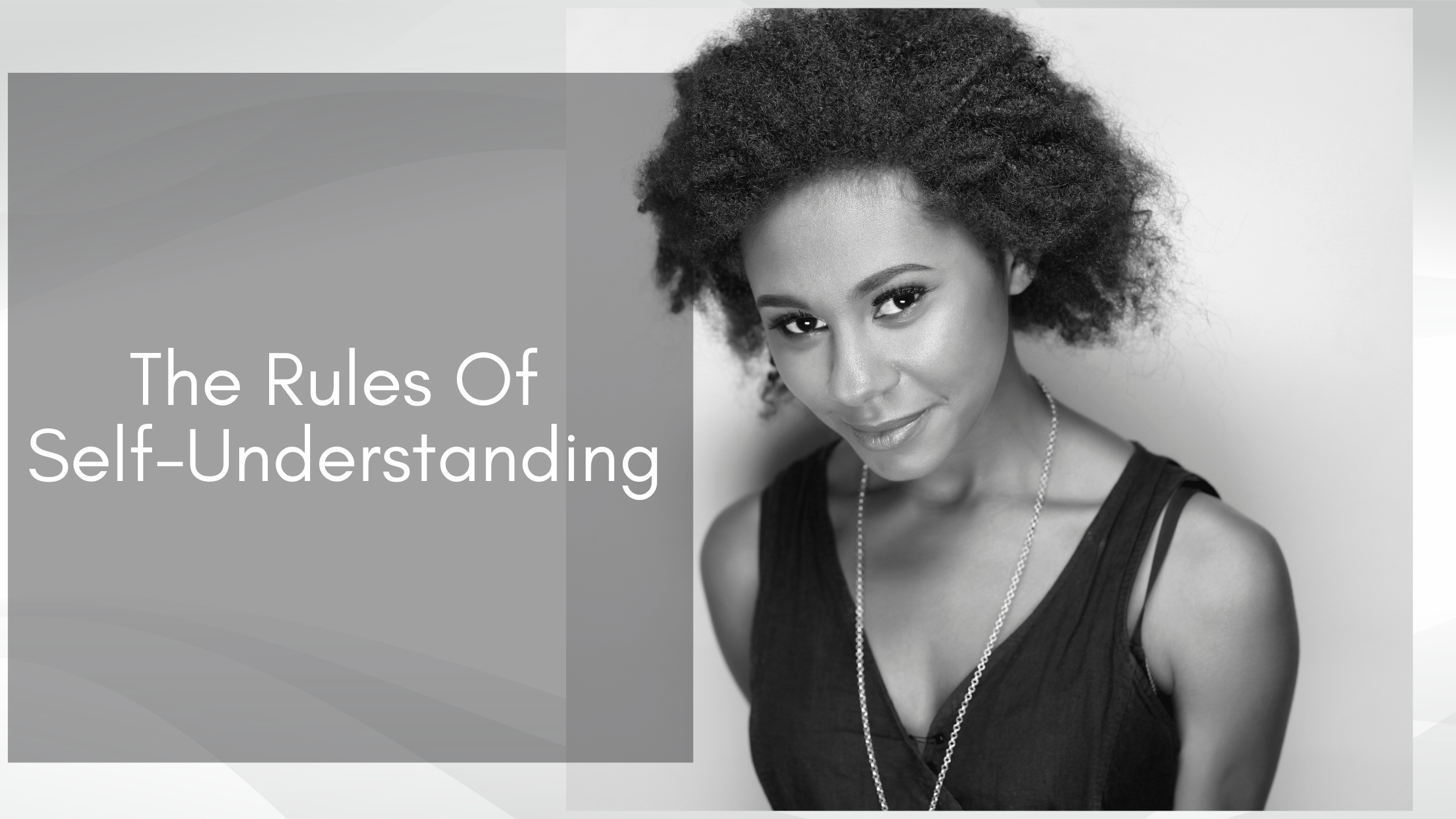
Knowledge is power, but many of us lose sight of this in our quest for… well, both. In truth, the path from one to the other is not a straight line, rather there are steps in between. Knowledge leads to awareness (or self-understanding), which leads to control and thus power. Of course, the aspect of this path that we’re interested lies in self-understanding.
Consuming knowledge or pursuing it should help you garner enough wisdom that you can use it to increase your knowledge and understanding of self. It’s all about awareness.
With self-understanding comes an ability to make sense of not just yourself, but also of the world around you. The transformation shifts you from a place of cluelessness to a state of understanding, control, and power.
How, though, do you follow the path from knowledge to the ultimate goal? These, my friends, are the rules of self-understanding.
Know Thyself
Well, this might seem fairly obvious considering we’re discussing self-understanding – but it’s a pretty important step. You need to recognize the various emotions that you experience and understand the feelings that are coming from them and understand exactly how you think and act because of those emotions.
Just consider the lengths that professional athletes go to in order to recognize the feelings that could impair their game – they seek the assistance of therapists to analyze emotions to overcome them in an effort to do better. This allows them to beat anger, to overcome frustration, and to focus on their overall performance without being distracted by the noise.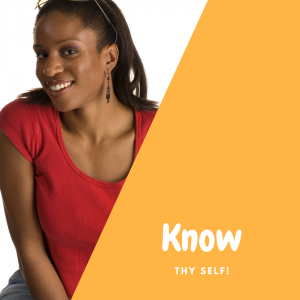
This is part of self-understanding – understanding your weaknesses, your limits, your strengths, and knowing where your confidence lies so that even when faced with great challenges you have the knowledge required to overcome them.
Thought leader, Daniel Goleman, states that there are three competencies that are associated with self-awareness – emotional self-awareness being the first, the ability to accurately assess self being the next, and the final one being self-confidence. Of course, self-understanding and self-awareness are the fruit of the same tree.
Developing a Sense of Self-Understanding
This isn’t a case of being born with a level of self-understanding, rather, it’s something that you can actively develop. Part of that comes from what we mentioned above about accurate self-assessments. In business, leaders often ask colleagues and subordinates to fill out a survey about their performance.
Some of it may be difficult to take, but we all have blind spots – so, remember this as you rate your strengths and weaknesses. No, you don’t have to ask for feedback from others – this is about you. You may also want to consider an assessment test that will profile your personality, abilities, values, and skills.
- Start keeping a journal where you can record your feelings in response to the potential triggers you may be experiencing. Take note of any physical reactions you experience as well as the emotional ones.
- Create an expansive list of all the roles you fill in your life – including employee, boss, parent, spouse, sibling, writer, musician, accountant, or whatever else fits – write down as many as you can possibly think of. Now, make a note of how you feel about each of those roles and be specific about the emotions they evoke.
- Now, think of a particular situation you are facing and predict the emotions that you will go through beforehand. Start naming those emotions and accept them – just the simple act of naming your emotions can put control back in your hands.
Get Ready
- Be open
- Be honest
- Accept that which is true
- Acknowledge that which you want to change
Ditch Your Assumptions
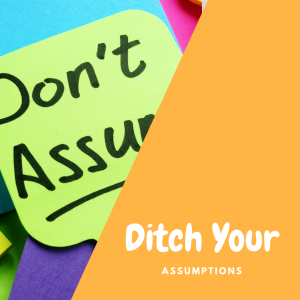 In order to reach a profound level of self-understanding, you must first let go of preconceived notions about yourself.
In order to reach a profound level of self-understanding, you must first let go of preconceived notions about yourself.
We’re all guilty of making assumptions – whether it’s about our own beliefs and values or regarding others. So, when you find yourself making assumptions there are a few ways you can challenge yourself to adjust your thinking – these exercises are just another key to unlocking self-understanding and helping you understand why you respond in certain ways to particular situations.
- What were your initial reactions to this person or event?
- If your initial reaction was positive, how did this influence you?
- If your initial reaction was negative, how did this influence you?
Self-understanding comes from the pursuit of knowledge and it’s an essential aspect of building a strong foundation for emotional intelligence and maintaining a semblance of control in life. It’s a journey, and it’s just as much about understanding others as it is about understanding yourself.
